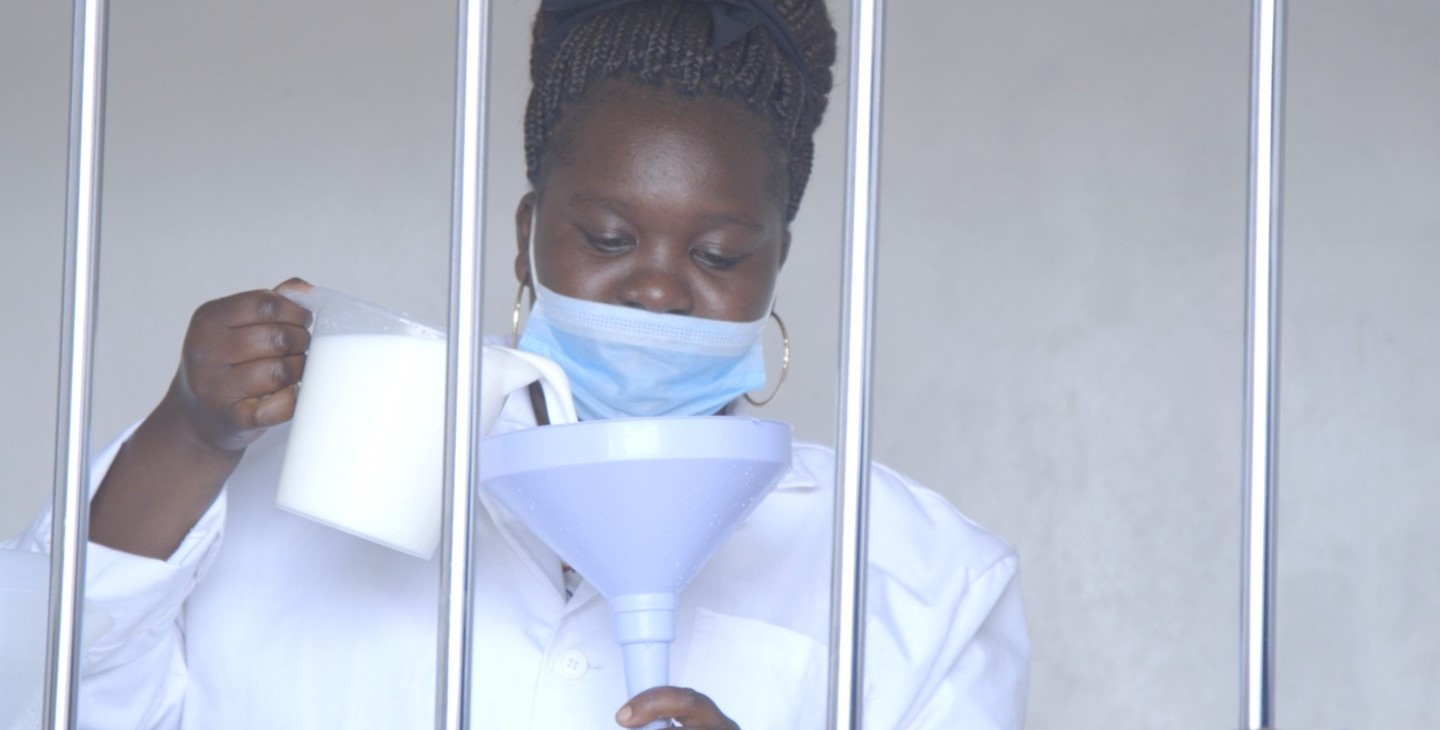ESA Highlights: New horizons for the Ingobor Youth Group
IFAD Asset Request Portlet
Asset Publisher
New horizons for the Ingobor Youth Group
Estimated reading time: 3 minutes
Our East and Southern Africa series is dedicated to the achievements of five youth-led agribusinesses in the Nakuru and Kilifi counties of Kenya. Each of them has had remarkable success, and each of them has taught us something valuable about rural development that we can bring forward to other projects. All of the groups in this series are supported by Vijabiz, an IFAD-funded project dedicated to empowering young people through mentorship and agribusiness entrepreneurship.
The Ingobor Youth Group was formed in 2016 by 20 young bus drivers and conductors in Kenya’s Nakuru County. Having realized there wasn’t much money to be made in the transportation business, they decided to pool their resources and invest some of their earnings into an agricultural venture. After briefly giving crop production a try, they switched to dairy marketing – buying up dairy from local farmers and selling it to the public.
It proved to be more challenging than they’d expected. They had no formal training in the day-to-day necessities of running a business, making it difficult to get off the ground. With no online presence or digital marketing strategy at first, they struggled to reach customers virtually. Their brick-and-mortar shop was in a difficult location, too. Moreover, they had to contend with poor-quality road networks that made it difficult to reach the farmers. Under circumstances like these, their profit margins remained low.
But in 2019, everything began to change.
Vijabiz to the rescue
In August 2019, Vijabiz sent out a call for applications through various social media platforms, as well as in print and radio advertisements, for a grant scheme aimed at business-oriented youth groups. Businesses that did not qualify for a grant could still receive mentorship training that would help them scale up their operations.
When Ingobor heard about the opportunity, they applied right away. Although they didn’t qualify for the grant, they were enrolled in the mentorship programme. Twice a month, the group members received training specialized for the dairy business, with a focus on digital marketing, record keeping, and strategies tailored to youth agribusiness.
Ingobor hits its stride
Today, thanks to the training they received, Ingobor is thriving.
After conducting a market survey, they were able to relocate their brick-and-mortar shop to a place ideal for customer traffic (the Matatu bus station). Thanks to this strategic positioning, along with formally establishing an online presence, their visibility has drastically increased and they have seen an increase in their profit margins.
This scaling-up of their operations has also enabled them to create jobs and generate additional income. Their work is creating additional channels for other small-scale producers (such as livestock farmers, milk transporters, and milk vendors) all along the value chain, increasing their sales volume and allowing them to improve their livelihoods as well.
What we can learn from Ingobor
From a development perspective, this initiative gives us much to discuss.
Firstly, the example of Ingobor shows us that it is possible for individuals and groups to move from low-paying jobs in the service sector into agribusiness. With support from IFAD, they were able to invest in the dairy value chain – as well as scale up their business operations, create jobs, and generate income – despite having very little to invest from their transportation business. This also goes to show that dairy farming is a key income earner.
Secondly, IFAD’s investment in digital marketing enabled the group to create a digital footprint. Today, they can market and sell their milk through various social media platforms. Importantly, adopting these digital solutions has also helped them cope with the COVID-19 pandemic. Today, their customers can order milk products online and have them delivered to their doorstep, reducing the risk of viral transmission via close contact.
Moreover, investing in business strategy trainings led directly to Ingobor’s success. Thanks to the skills they acquired, the group was able to implement various strategies such as conducting market surveys and relocating the business. Training in record-keeping equipped the group with the practical skills needed to assess their business performance, facilitating more effective decision-making for the business to move forward.
Lastly, the multi-modal nature of the Vijabiz project – i.e., its grant scheme, incubation and mentorship components – was vital to the Ingobor Youth Group’s success. If the project only offered grant funds, for instance, Ingobor would never have received the support they needed. This goes to show that an integrated package of services yields better results than fragmented services for business start-ups.
Click here to listen to the voices of members of the Ingobor Youth Group.
Learn more about IFAD’s work in Kenya.
Publication date: 28 July 2021